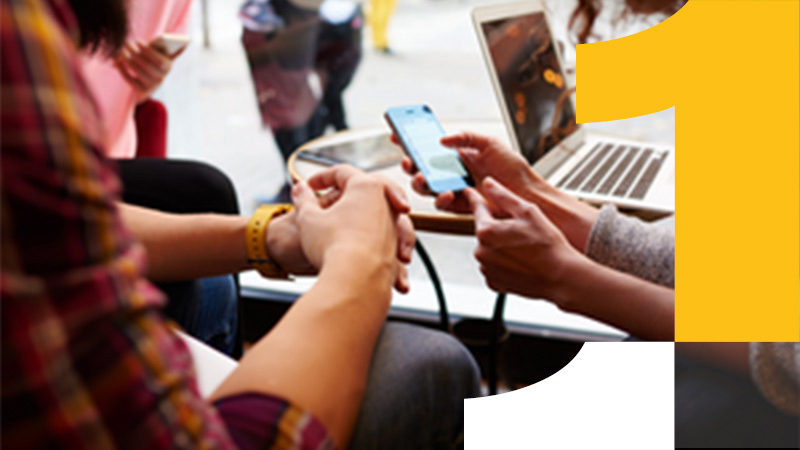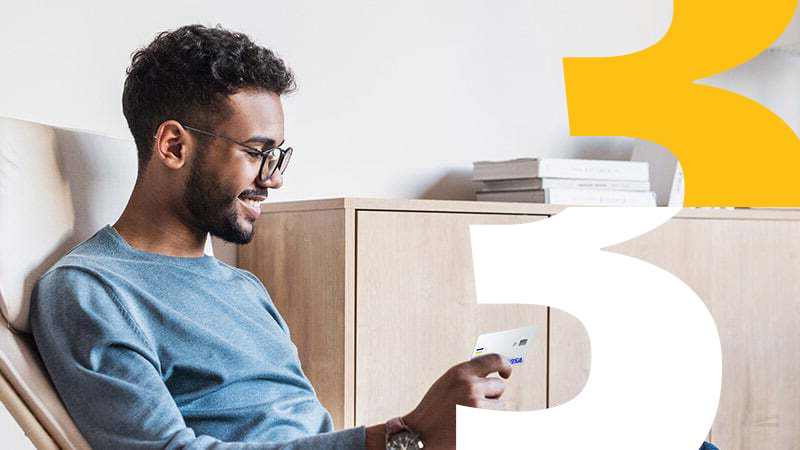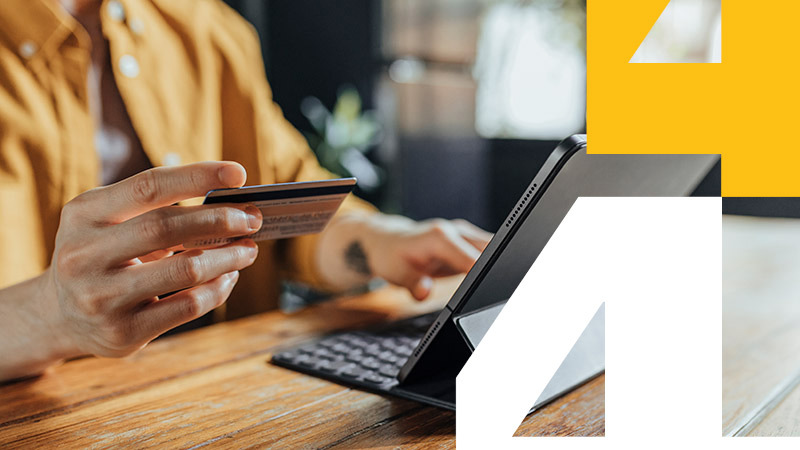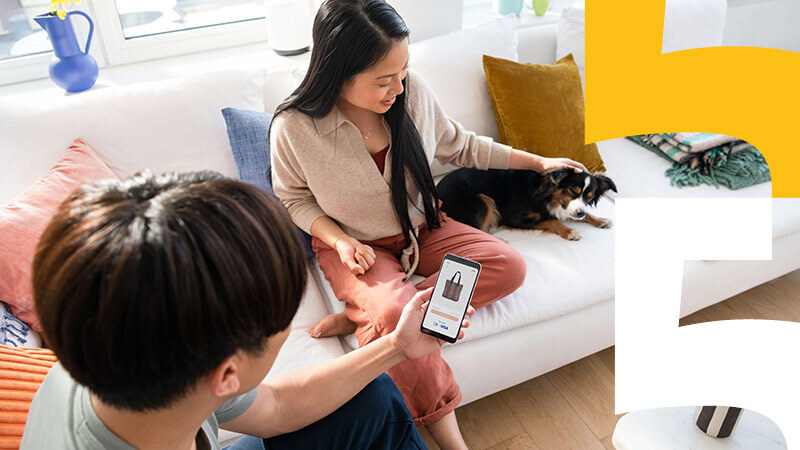-
Shop online securely with Visa
Whatever you’re buying, shop online with confidence knowing that your payments are secure and you have protection with Visa.


How we keep your payments safe
Visa uses the latest security and online card payment technology to help protect you from payment fraud. We want to keep your online payments quick, simple and secure at all times.
Here are some of the ways Visa helps to secure your payments:
¹Visa’s Zero Liability policy does not apply to certain commercial card and anonymous prepaid card transactions or transactions not processed by Visa. Cardholders must use care in protecting their card and notify their issuing financial institution immediately of any unauthorized use. Contact your issuer for more detail.
Top tips to help you avoid payment fraud and purchase scams

Content quality
Look out for poor grammar, spelling mistakes and pixelated or low-quality images. They’re all major red flags that a site could be fraudulent.

Secure connection
Always check the URL when paying online to make sure it contains ‘https://’. The ‘s’ indicates it’s a secure connection, meaning your card details will be encrypted before they’re shared.

Suspicious offer
Shopping online? Be wary of deals that seem too good to be true. Sketchy websites often use low prices to quickly sell fake or non-existent goods.

Payment methods
Beware of non-traditional, non-reversible payment methods, like bank transfers. Fake websites may try to force you to use these types of payment options.

Contact information
Any reputable company offering goods or services should list a place of business, as well as a phone number or email address on their website. If no contact information is available, it’s highly suspect.

Sharing identifying information
Be mindful about publicly sharing identifying information, like your address. Never share your PINs or passwords with anyone. If you have the option, we also recommend setting up fingerprint or facial recognition on your smartphone or banking apps.

Unusual transactions
Learn how to spot unusual transactions. We recommend you check your bank statements regularly. Inform your bank if you spot unusual payments that you don’t think you’ve made.

Phishing
Phishing scammers can imitate emails and websites from well-known companies. Be wary of unexpected messages and calls—most financial institutions or government agencies won’t request financial information out of the blue.




